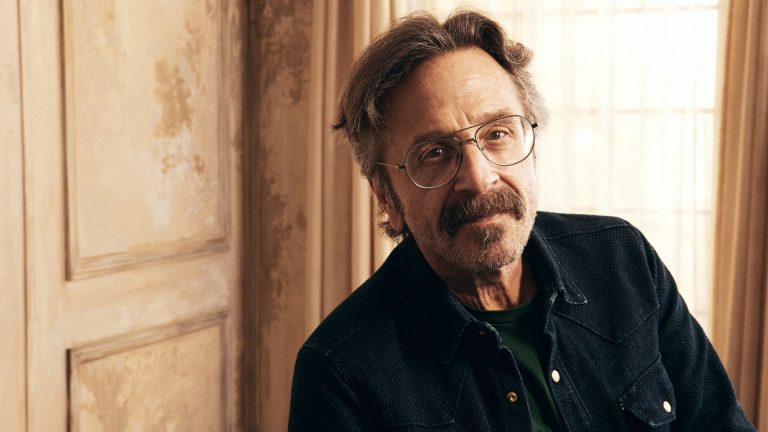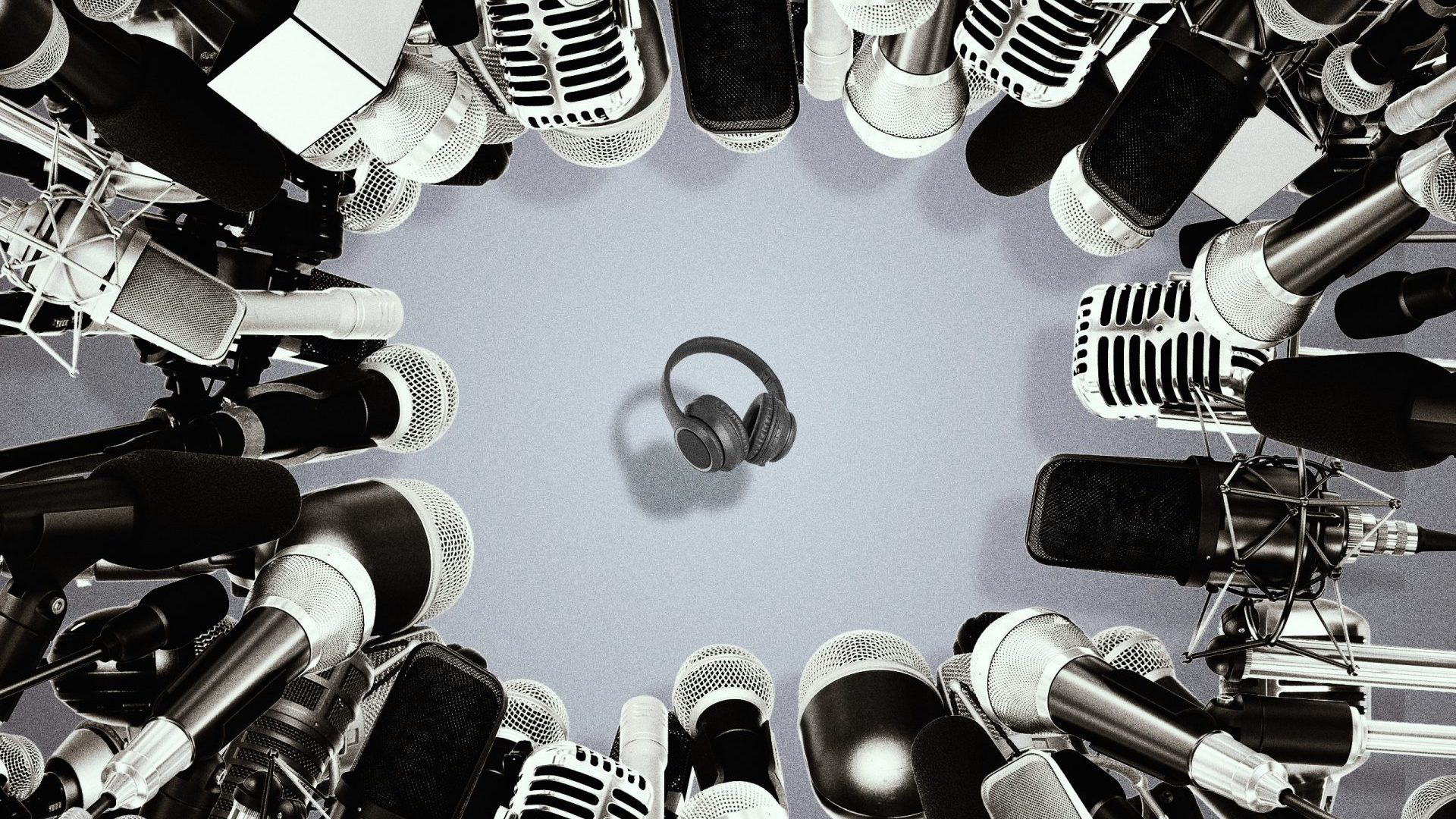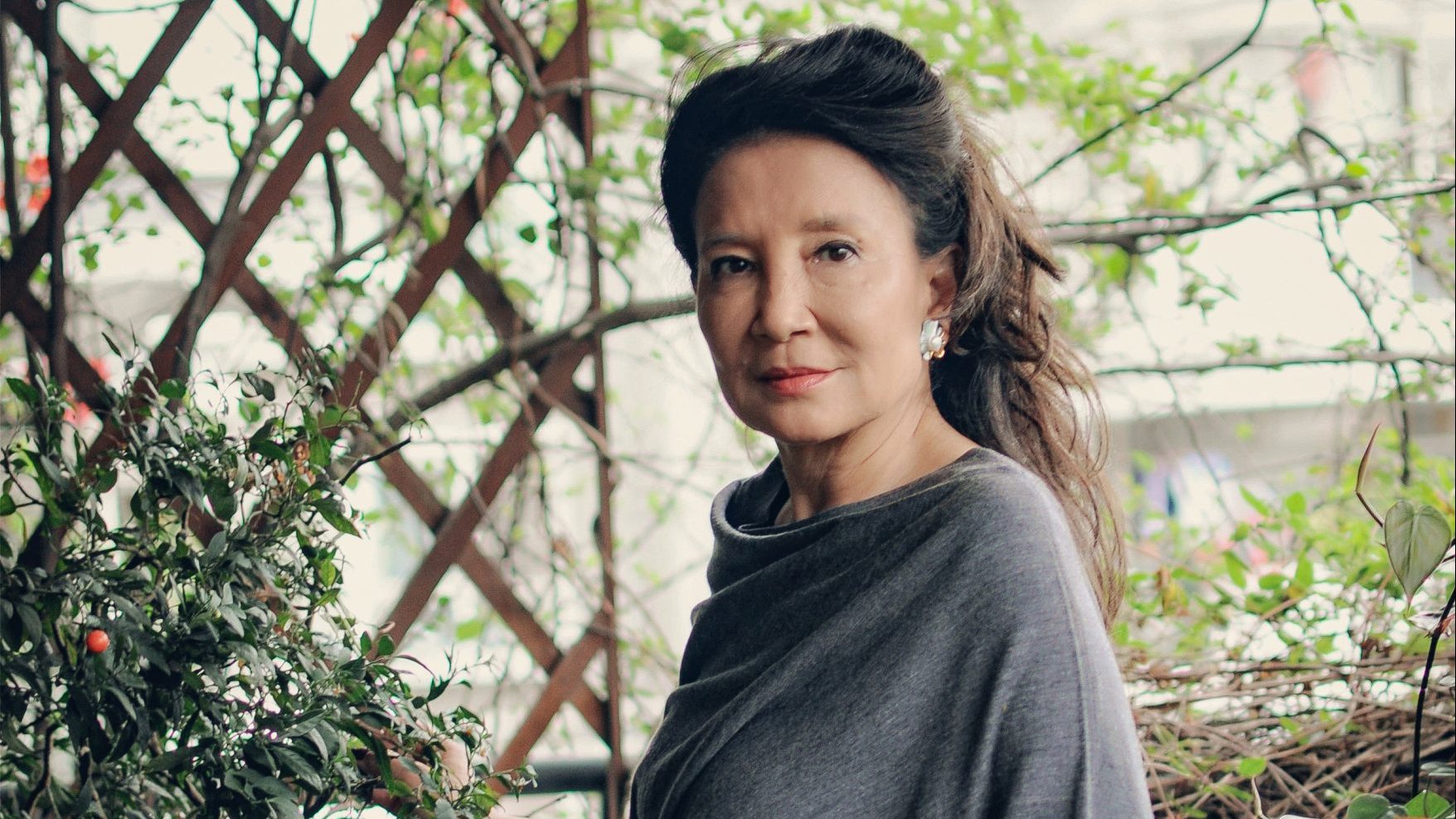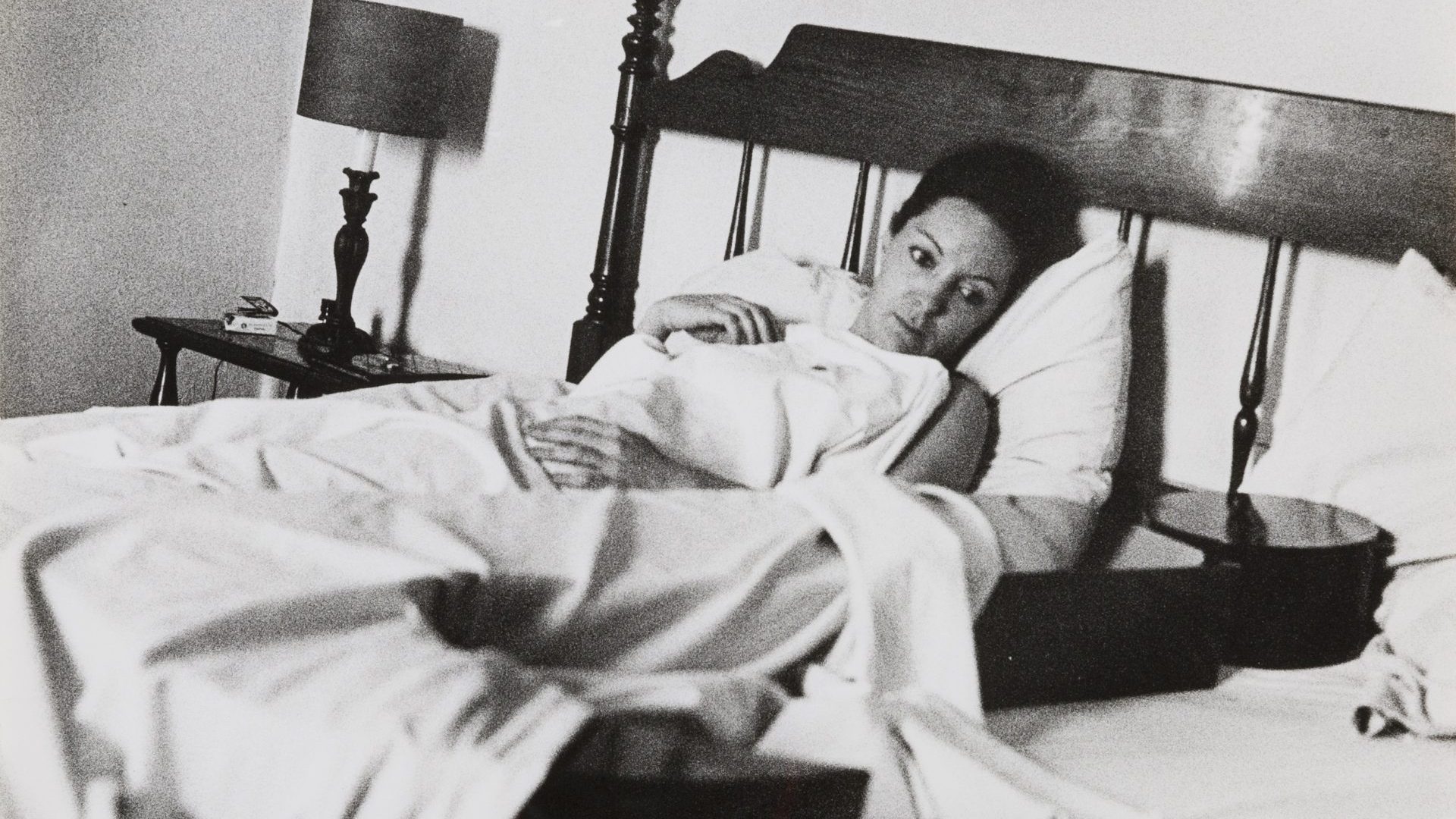“This podcast is brought to you by Pooch Smooch dot com. My dog is pretty choosy…” Jump 20 seconds – “he loves the beefy flavour of” – jump – “so for 10% off Pooch” – MAKE IT STOP.
They might annoy you, but “host reads” have been one of the more lucrative ways podcasters can get paid. Most of us have done them at one time or another, if only to ensure the production team gets paid.
A good host will only endorse a brand they use or trust themselves. Others will read out any old flam.
No matter: advertisers believe, often correctly, that listeners are inclined to trust someone whom they want to hear on the dog walk. That is why host reads are much more lucrative than the other type of podcast ad, known as “programmatic”, in which sales companies choose where they want to advertise from a drop-down menu, based on the show’s listener profile.
Programmatic is the “bedrock” of podcast advertising, says Matt Hill, the co-founder of Podcast Discovery, a UK marketing agency. But get big enough and the advertisers will seek you out. “Some of the most sustainable podcasts have direct relationships with advertisers,” says Hill.
Between them, Goalhanger (the company that produces The Rest Is… franchise, which includes Alastair Campbell and Rory Stewart’s The Rest Is Politics) and Global (whose shows include The News Agents) rake in the vast majority of the ad money. But the economics of podcasting is changing fast.
Podcast ads have always had some downsides: unlike a live TV or radio ad, they can be skipped. Podcast ad spend is growing (by 8% in 2024), but not as much as it was (23% in 2023).
Meanwhile, the number of podcasts continues to rise, while the time available to listen to them does not. Listeners already take in an average of five a week.
Fortunately, ads are not the only way to make money. Some shows urge listeners to sign up for subscription services like Patreon, or one-off payment models like Ko-fi. In exchange, they get perks such as ad-free episodes, access to live events or merchandise.
The aim is to convert at least 3% (and ideally 10%) of listeners into paying subscribers. With a prodigious output, subscriber-only episodes and extraordinary brand loyalty, The Rest is History has cracked this formula. It has more than 80,000 subscribers and tops up that income with ads, host reads and tours. Tickets for its sold-out Australia tour this winter start at around A$100 (£50) and go up to A$320.
“And then video came along,” says Hill. “Video is fascinating, because everyone saw it as a marketing tool. It’s hard to go viral with an audio clip but video allows you to create shorts you can post on TikTok and it can reach half a million. But once you start dabbling, you realise there are revenue streams on YouTube.”
Then Spotify started adding video. “Everyone thought they would start inserting programmatic advertising into the videos, but what they didn’t expect was them to start sharing the premium money with podcasters.”
This means audio-only podcasts are now at a serious disadvantage – and that, in turn, is changing the kind of content people are listening to. Narrative podcasts with audio clips and a single presenter, which sound like a traditional radio documentary, are out. They don’t work for video.
True crime has peaked. Free-ranging studio chat is in. Putting a couple of celebrities in a studio is cheap, quick and easier to promote. One of the fastest-growing history podcasts does not pretend to be accurate: Fin vs History is just two comedians on a sofa chatting about sex-obsessed Vikings and Hitler’s flatulence.
Suggested Reading


What the f**k will Marc Maron do next?
Video has also made it easier for talk shows to move into the sector. ITV is re-formatting some shows into podcasts. The BBC’s Graham Norton is all over this: he’s on BBC Sounds, but also has a new two-hander called Wanging On, which you can watch on YouTube, and a Virgin Radio food show sponsored by Waitrose.
“You can no longer make a pod on the cheap and hope it goes big,” says Neil Cowling, founder of Fresh Air, which works with brands like Barclays, L’Oréal and Kew Gardens to make podcasts. “The barriers to entry now are much higher than they used to be.”
During the pandemic, people had hours of empty time to fill with podcasts. All that has changed.
This summer, Amazon announced it was folding Wondery, a studio with a reputation for in-depth narrative podcasts, into its Audible brand, with the loss of 100 jobs. “The sort of shows that Wondery make are expensive and difficult to make,” says Cowling. “It has made everyone a little more nervous.”
The organisation with the most experience of making narrative audio is, of course, the BBC. Podcasters have long chafed at competition from the corporation, and especially at the proposal last year to run ads on its UK podcasts, which would have shrunk the already small pot of advertising money available.
BBC Studios, the commercial arm, is another source of complaint. “We don’t have a huge amount of clarity about how much of the public services back-end is helping BBC Studios,” says Hill. “It causes a bit of disgruntlement in the sector.”
On the other hand, says Brett Spencer, a senior lecturer in podcasting at City St George’s, University of London, “the BBC is able to encourage people to listen to a pod for the first time”.
That matters, because 44% of Britons never listen to podcasts at all. Ofcom research last year suggested only a fifth of us listen to podcasts every week. Traditional TV and radio ad spend falls every year.
This is why analysts are bullish about the potential for growth. “There are funding models in podcasting that we’ve not even thought of yet,” says Cowling.
Not everyone thinks the vogue for freestyle chat will endure. “This drift towards two people talking in a studio on video, people are going to get quite bored with that quite quickly,” predicts Spencer. “Podcasting is about storytelling.” The extent to which listeners will tolerate AI slop is also unknown.
A former Wondery executive has set up a company that wants to launch 5,000 AI-generated podcasts at a cost of just a dollar an episode. Cowling describes it as “definitely the most depressing thing in the area at the moment”. But the move to video looks lasting, because it offers more ways of making money – at a time when growth in the UK economy is basically flat.
And there is another threat. UK podcasts also have to compete with American imports.
To the consternation of some in the industry, the most popular podcast in Spotify’s UK charts right now isn’t a Global or a Goalhanger production. It’s Joe Rogan, the American comedian and libertarian who backed Donald Trump’s re-election.
Meanwhile, the great British political podcast – from The Rest Is Politics to the New World’s Two Matts and the one I co-host, Oh God, What Now? – will change and adapt. What it all means for Pooch Smooch dot com and other slightly strained ad reads remains to be seen.




